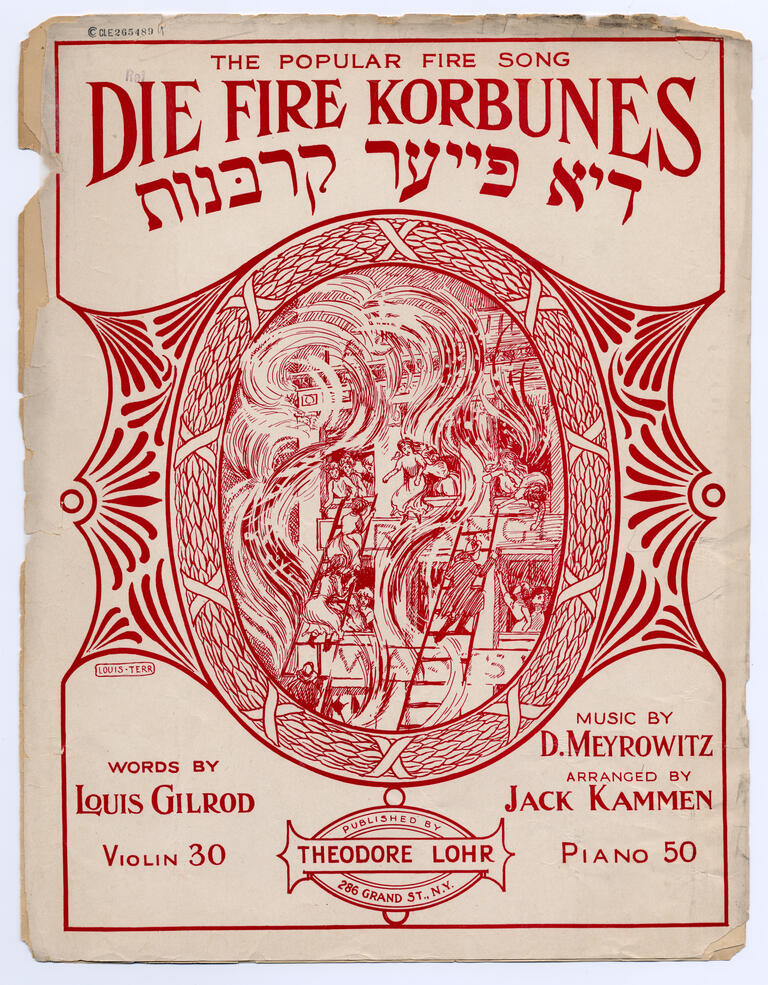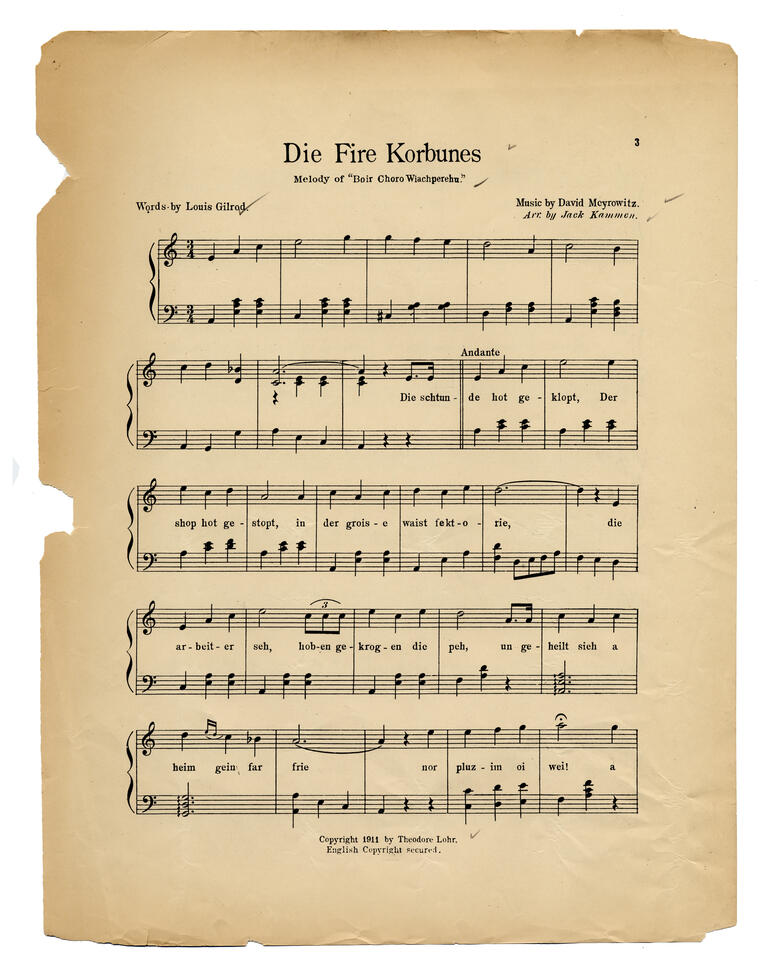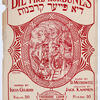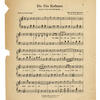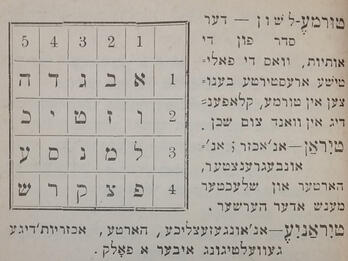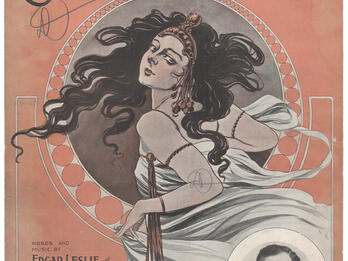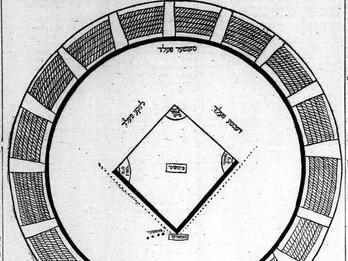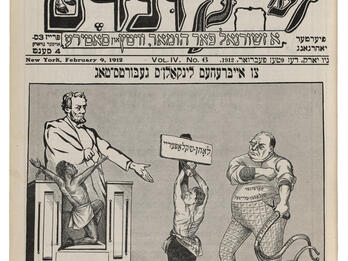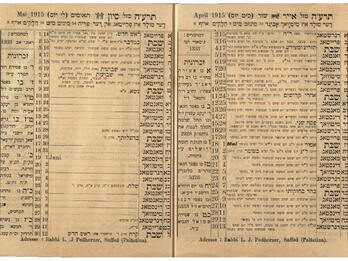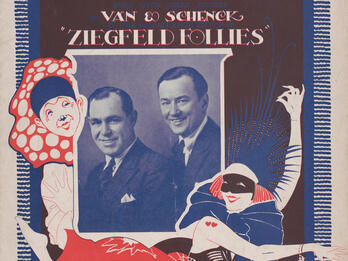The Fire’s Victims
Sheet music for “Die fire korbones” (The Fire's Victims). This song was written in memory of the victims of the Triangle Shirtwaist Factory fire in New York City, which broke out on March 25, 1911, and killed 146 garment workers, mostly young, female Jewish and Italian immigrants.
Credits
-
David Meyerowitz (composer) and Louis Gilrod (lyrics), “Die fire korbunes” [The Fire's Victims], arr. Jack Kammen (New York: Theodore Lohr, 1911). Library of Congress, Music Division. https://www.loc.gov/resource/ihas.200186086.0?st=gallery.
-
David Meyerowitz (composer) and Louis Gilrod (lyrics), “Die fire korbunes” [The Fire's Victims], arr. Jack Kammen (New York: Theodore Lohr, 1911). Library of Congress, Music Division. https://www.loc.gov/resource/ihas.200186086.0?st=gallery.
Published in: The Posen Library of Jewish Culture and Civilization, vol. 7.


